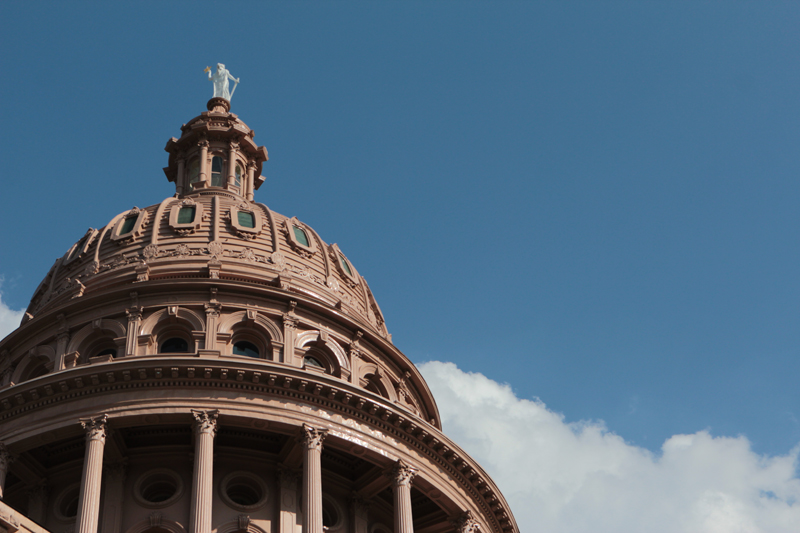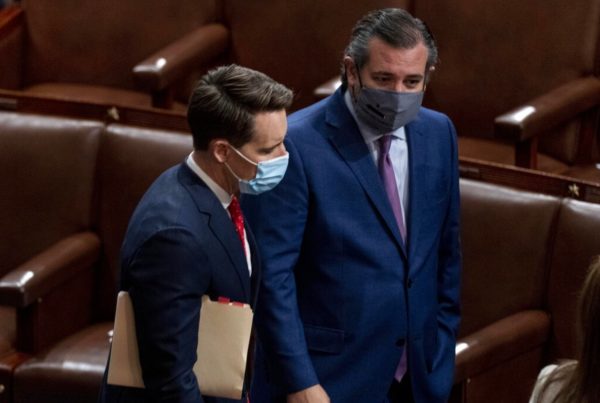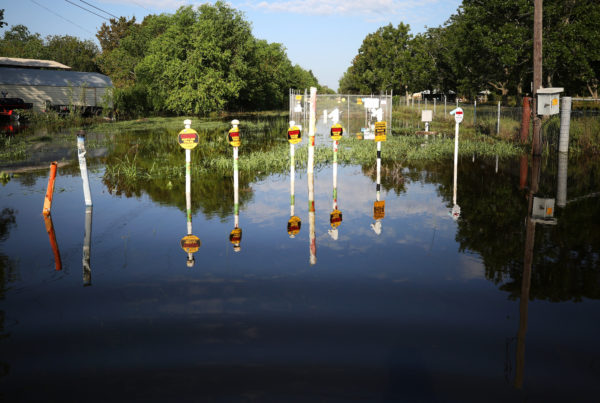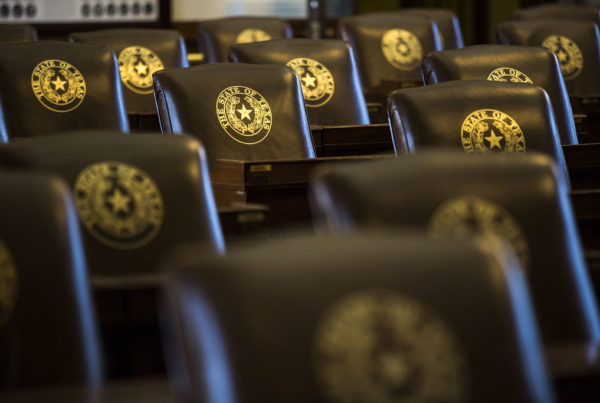Against the backdrop of the storming of the U.S. Capitol last week, and the inauguration of a new president on Jan. 20, the Texas Legislature is set to begin a new session on Tuesday, facing an unusual set of challenges.
Brandon Rottinghaus, political science professor at the University of Houston, told Texas Standard that Texas Republicans’ electoral success in the 2020 elections will give them “a lot of rope” in terms of legislation they can propose and pass.
The storming of the U.S. Capitol will likely lead Texas lawmakers to worry about whether a similar event could happen in Austin, Rottinghaus said.
“I think one variable that we can’t necessarily know is if [right-wing anger] is flamed,” he said. “And if it’s flamed in a way that does encourage people to act in these ways, then it could be more dramatic in Texas, and could continue to be a problem here in the Lone Star State even when things tamp down nationally a little bit.”
Among the biggest issues the Legislature will have to deal with are redistricting, a strained state budget and pandemic policy. And though Republicans control the legislative and executive branches of Texas government, Gov. Greg Abbott will be forced to deal with different factions in his party, along with new leadership in the Texas House. Rottinghaus says Abbott will need to be “wily, politically” to manage the session effectively.
Rottinghaus says Abbott could use the “Bush model” of compromise among disparate legislative factions, or the “Rick Perry strategy,” which could see more conflict among lawmakers.
Rottinghaus suspects conservative priorities like state dominance over local government, an end to local laws mandating paid sick leave and restrictions on how much municipalities can cut law enforcement budgets will be debated this session.














